
Technical Consultation And Testing Service

Consulting Service in Regulatory Compliance & Certification

Distribution and Marketing of Laboratory Instruments


INFINIX is an emerging consultancy firm dedicated to empowering businesses to reach their full potential in all fields, with a team of experienced professionals.
INFINIX offer tailored solutions in Regulatory compliance and Certification, Laboratory testing and Training, Engineering Consulting works, Exporting and Importing of goods to different countries including SEEMEA and Pacific regions.
Our approach combines industry knowledge with innovative strategies, ensuring that our clients navigate challenges effectively and achieve sustainable growth.
Whether you are a startup seeking guidance or an established company looking to optimize operations, we are here to partner with you every step of the way. Let us help you turn your vision into reality. Explore our services and discover how we can make a difference for your organization.
Best Price
Fastest Service
Product Quality
Advance Market Experience




We will arrange a technical consultation with our experts through email, phone, or an in-person meeting. During this consultation, we will assess your product type and market area to recommend the relevant compliance standards.
Analysis of the product, ensures quality, safety, and functionality while minimizing the risk of defects and enhancing customer satisfaction.
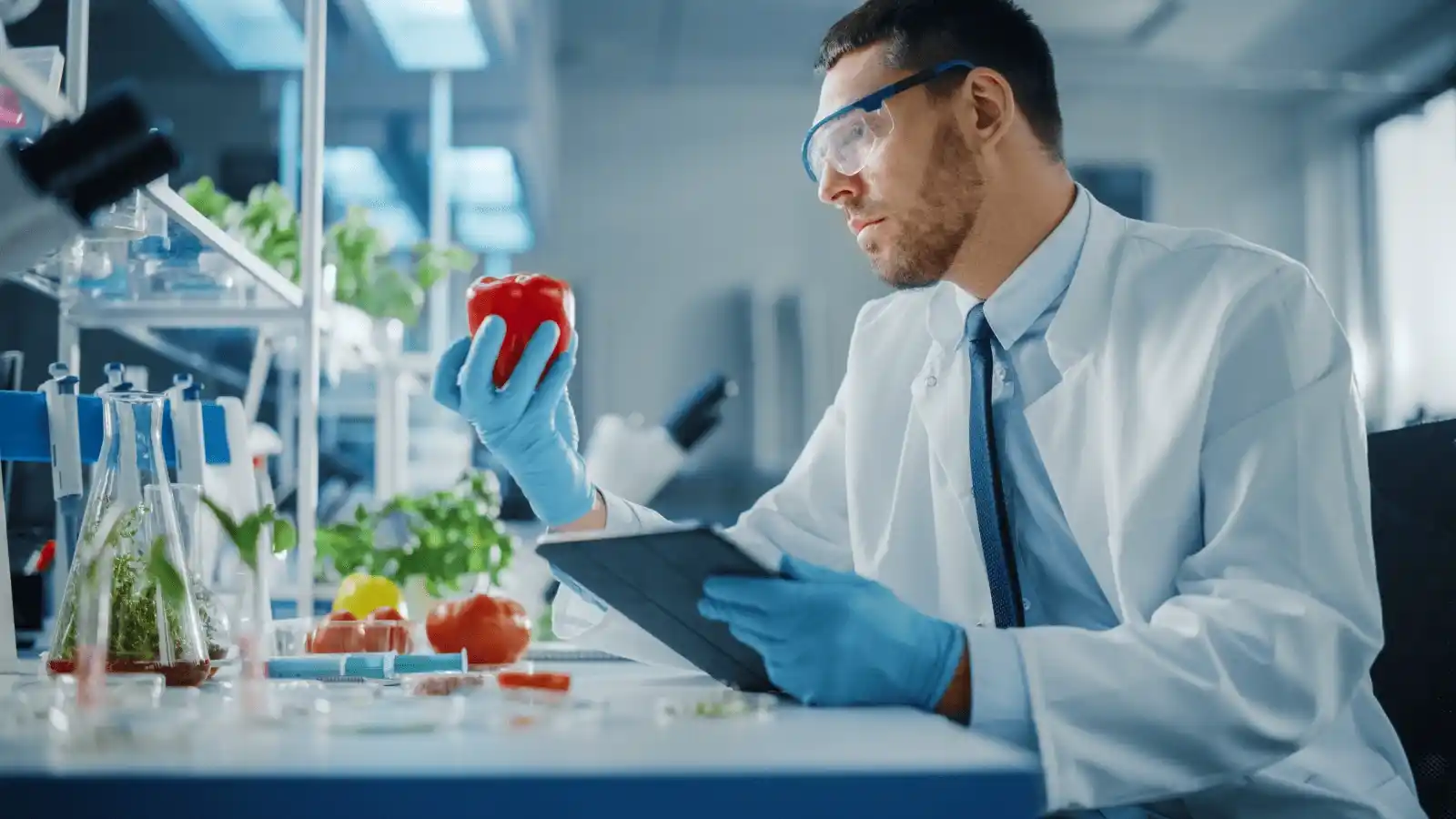
COA from an ISO 17025 approved laboratory is indeed mandatory for production companies involved in food, water, beverage, and environmental sample testing. This ensures that products are safe for humans, animals, and the environment.
Laboratory testing is carried out according to various standards and regulations, which is set by various international Organization and authorities such as Gulf Standards Organization (GSO), the US Food and Drug Administration (FDA), Codex Alimentarius, Global Food Safety Initiative (GFSI), and HACCP all over the world.

Cosmetics and Perfumes enhance human aesthetic beauty and are composed of mixtures of chemical compounds derived from natural sources or synthetically created.
As the Industry is booming day by day, it is important to ensure the safety of these products by testing their efficacy and quality before applying in humans.
Global Standards Organization (GSO) and the International Fragrance Association (IFRA) is often mandatory for exporting and registering cosmetic and fragrance products in many countries.
European Union (EU) and GSO has strict regulations for cosmetics (Regulation (EC) No 1223/2009 and GSO 1943/2024) that mandate safety assessments, Good Manufacturing Practices (GMP), Ingredients labelling, and compliance with IFRA standards.

Ensuring that electronic and electrical products comply with standards like IEC, IECEE, ISO, UL, RoHS, and REACH is essential not just for regulatory approval but also for market access, consumer safety, and environmental protection.
IEC (International Electrotechnical Commission)
IECEE (International Electrotechnical Commission for Conformity Assessment)
RoHS (Restriction of Hazardous Substances)
REACH (Registration, Evaluation, Authorization, and Restriction of Chemicals)
UL (Underwriters Laboratories)
CE Marking
SASO/GSO/ESMA guidelines
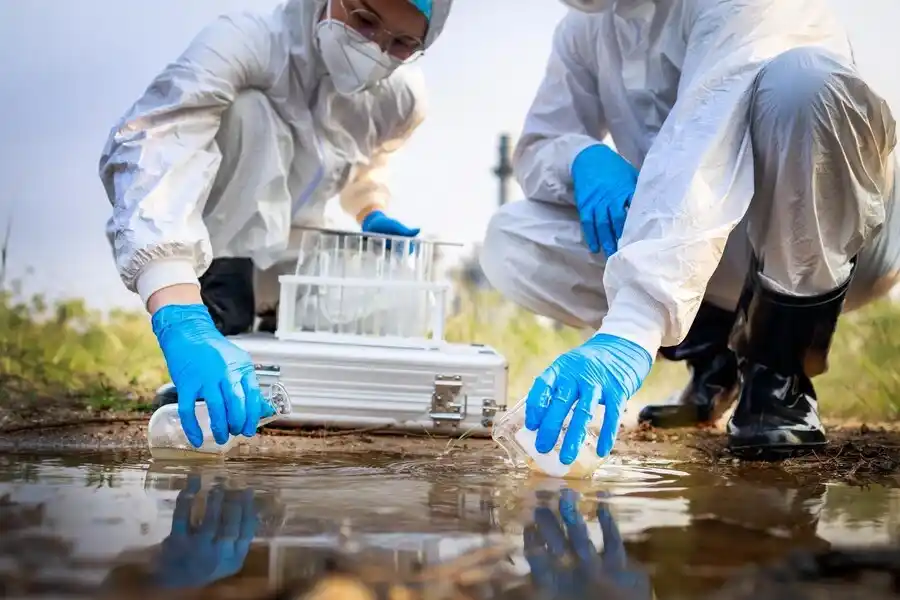
Quality checking of the Soil can determine the presence of nutrients and minerals or even strength of the soil, which is essential before cultivation or construction activities.
The GSO (Gulf Standardization Organization) regulations for soil checking often align with international standards, including those set by organizations such as the International Society of Soil Mechanics and Geotechnical Engineering (ISSMGE) and the American Society for Testing and Materials (ASTM).
Water is an essential element in everyday human life; hence its quality is highly important.
TheGulf Standardization Organization (GSO)along withEmirates Authority for Standardization and Metrology (ESMA)and itsEmirates Quality Mark (EQM)program, establishes regulations and standards that water products must comply with the standards to ensure they are safe and suitable for consumption, commercial use, or industrial processes
Key GSO Regulations for Water Quality in Gulf Countries
GSO 2020:2015 – Water Quality Standards, GSO 149:2014– Unbottled Drinking Water, GSO 2494:2015 Industrial Water Quality Standards, GSO 146:2009 – Requirements for Drinking Water Treatment Plants, GSO 1025: Bottled Drinking Water

Lubricants and petroleum products must meet the appropriate ASTM, ISO, and GSO standards for the optimal performance, safety, and environmental compliance for the functioning in various machines and devices. They must meet the quality requirements and to be validated according to international standards. Major tests include viscosity, pour point, flash point, and oxidation stability of the products.
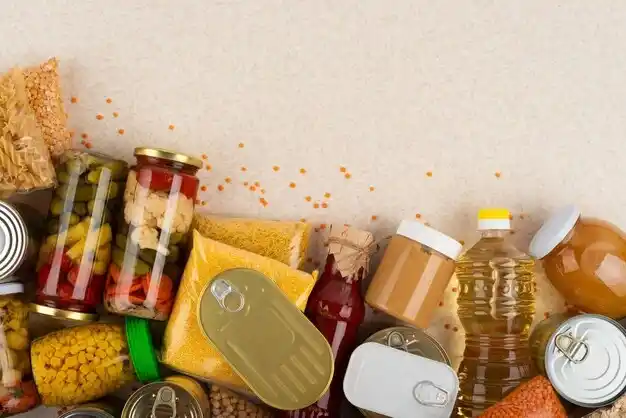
Migration testing is conducted on plastic, polymeric, or paper products in contact with food using different simulants at different temperature and storage conditions to determine if any chemical substances or colour transfers from the packaging material to the food, in compliance with EU 10/2011, ASTM, ISO, FDA 21 CFR, Directive 2004/19/EC regulations.
Shelf-life testing refers to a series of microbiological, chemical, and sensory tests conducted on food products to determine their expiration date by keeping the products under various temperature in Shelf-Life Chamber.
Several regulatory agencies provide guidelines on shelf-life testing, like FDA (U.S. Food and Drug Administration): Provides guidelines for shelf life and expiration dates for food and pharmaceutical products.
EFSA (European Food Safety Authority): Sets recommendations for shelf-life testing of food products sold in the European Union.
Codex Alimentarius: Provides international food standards and guidelines, including for shelf-life testing.
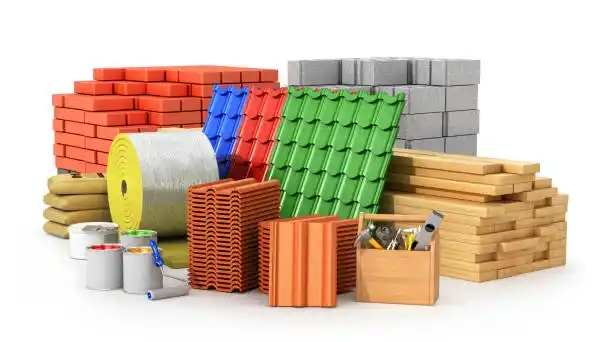
Building material testing in an ISO 17025-accredited laboratory, when conducted based on international standards, ensures that tests are consistent, reliable, and comparable across various regions.
Major building materials such as Concrete, Cement, Aggregates, Steel and Galvanized Materials, Bricks and Blocks, Insulation Materials, Paint and Coatings are tested under a series of international standards, including ISO, BSEN (British Standard European Norm), and ASTM (American Society for Testing and Materials) standards.
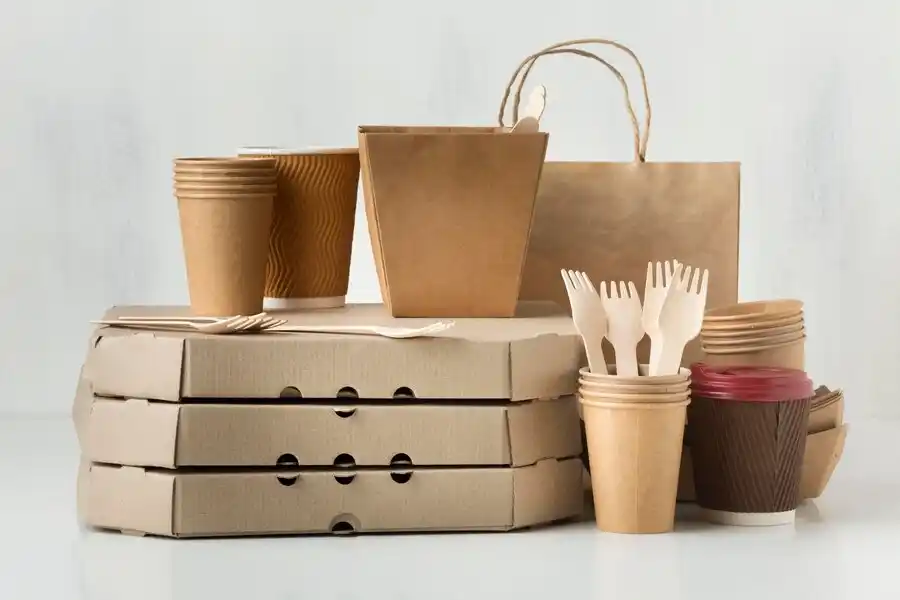
Packaging materials like paper and plastics must meet stringent standards and do not pose any health risks on humans and the ecosystem. Different regions have regulations regarding the safety and quality of Plastic products, such as USFDA (Food and Drug Administration) /EU/BSEN /GSO, ASTM and DIN Standards. Tensile property Tests, Charpy Impact, DSC analysis, TGA Analysis, Flammability Test, Biodegradability study are some of them.

Environmental monitoring is a crucial process for assessing the quality of the environment to ensure it is suitable for living and working conditions. By measuring factors like humidity, air particulate matter (PM), and gaseous components, which helps to determine whether the environment meets health and safety standards. Air quality Monitoring, Lux And Noise Monitoring, Water Quality & Soil Quality Checking, all includes the environmental safety assessment.

Measuring the quality of pipes and fittings is critical in both domestic and industrial constructions to ensure safety, durability, and functionality to prevent failures, leaks, or other issues that could result in costly repairs or safety hazards.
Analysis and testing should be conducted according to internationally recognized standards such as BSEN (British Standards European Norms), ASTM (American Society for Testing and Materials), SASO (Saudi Standards, Metrology and Quality Organization), and GSO (Gulf Standards Organization).

Exporting Textiles and Leather to countries like Saudi Arabia (KSA) and the UAE , is crucial to ensure that the products meet the respective National and International quality standards such as SASO (Saudi Standards, Metrology and Quality Organization) and GSO (Gulf Standards Organization) for successful registration and entry into these markets.
Textile testing standards are developed by international organizations like ISO (International Organization for Standardization), ASTM (American Society for Testing and Materials), and AATCC (American Association of Textile Chemists and Colorists). These standards help to ensure that textiles are safe, durable, and of high quality.
Leather testing focuses on properties like strength, flexibility, color fastness, and resistance to wear and tear. These materials are often tested for their ability to withstand different types of environmental conditions, including mechanical stress, exposure to light, water, and chemicals.

Biodegradability testing assesses how a material or substance breaks down when exposed to environmental conditions such as water, heat, or biological activity. ISO 14851:2019, ISO 14852:2019, OECD Guidelines (Organization for Economic Co-operation and Development), ASTM D5338-15 are some of the main technical regulatory standards set for Aerobic and anaerobic biodegradation evaluation.
Biocompatibility testing evaluates how a material interacts with biological systems to ensure it is not harmful. It is crucial for materials used in medical devices, implants, or drug delivery systems. ISO 10993 is the most widely recognized standard for biocompatibility testing.
It outlines a series of tests to assess biological risk and includes several parts that focus on specific biological interactions.

Automotive spare parts testing is indeed crucial for ensuring the safety, durability, and performance of components used in vehicles. To meet the high standards required by the automotive industry, spare parts testing must adhere to internationally recognized guidelines such as IATF (International Automotive Task Force), and AEC (Automotive Engineering Certification). We offer these testing from our globally connected network of internationally recognized laboratories.

Analysing the presence of metals, various minerals and metals (AOAC Official Method 993.12), Amino acids (ISO 13903 -Animal Feeding Stuffs) and Nutritional facts, (ISO 15685, AOAC Official Method 968.06, ISO 6496 etc.) plays crucial role in determining the overall quality of the product usingICP-MS /LC-MS /Spectroscopy techniques with high precision and sensitivity.

Pharmaceutical testing is a critical process that ensures the safety, quality, and Biocompatibility (ISO 10993) of the products. This testing is conducted according to internationally recognized guidelines (BSEN/ ISO /OECD guidelines) and standards to meet regulatory requirements and guarantee the efficacy and safety of the products before they are approved for human use or consumption.

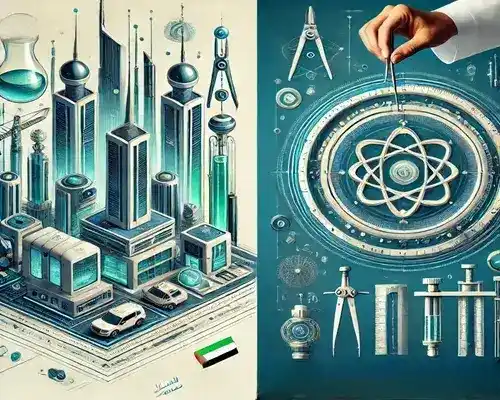
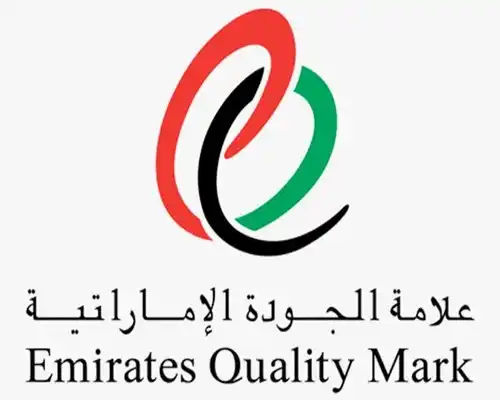
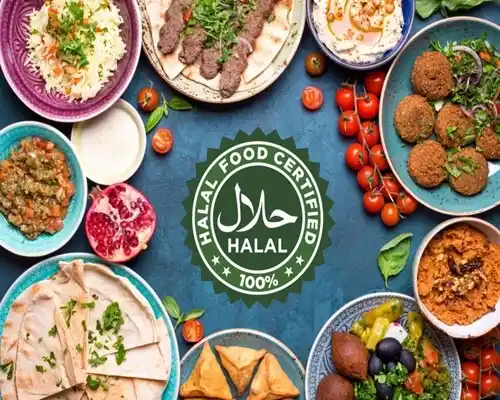

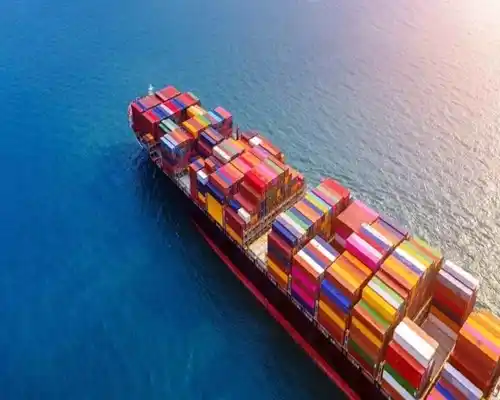
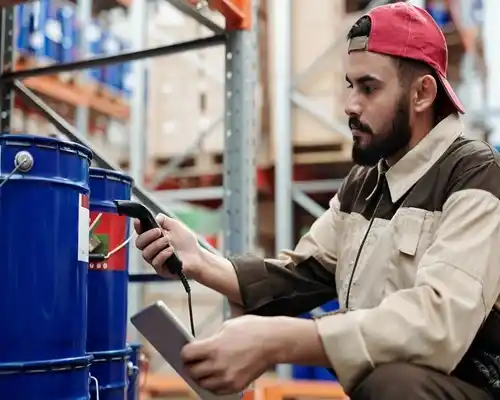
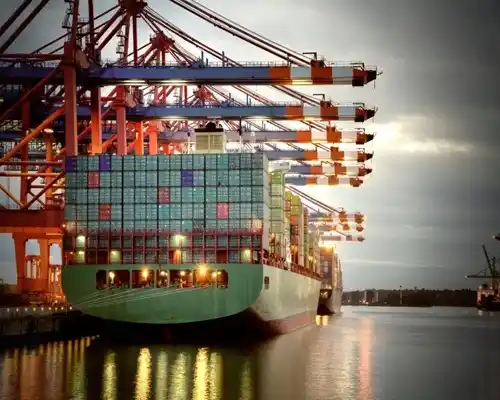


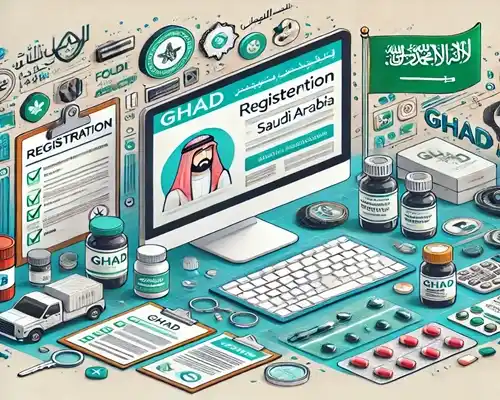






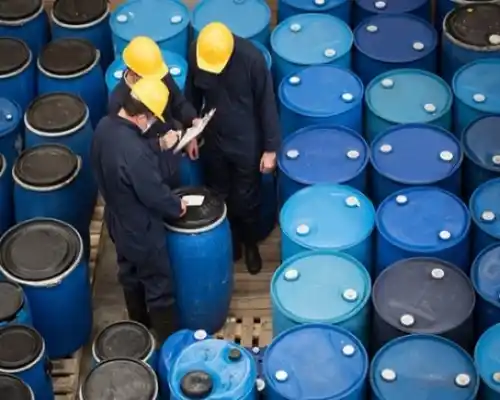
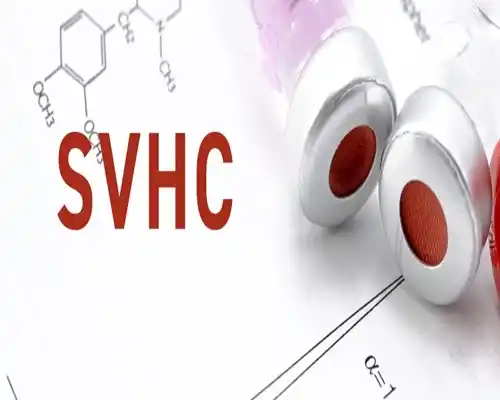
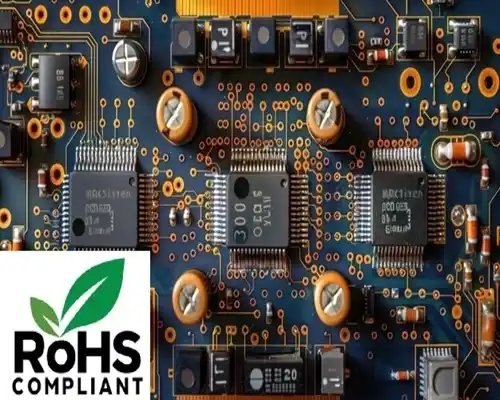
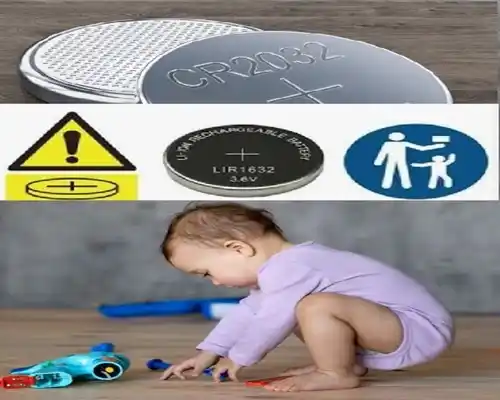




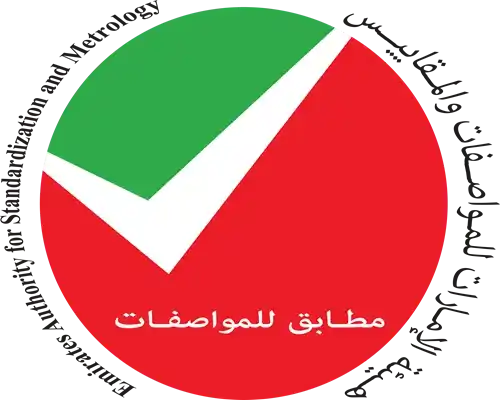
The ECAS certificate in the UAE is your golden ticket to market compliance!

The Emirates Quality Mark (EQM) symbolises excellence and reliability.

A FIRS is a certificate is essential for food import and export businesses in Dubai

RoHS registration in UAE applies to a broad range of electronic and electrical equipment.

Montaji is a consumer product registration initiative by Dubai Municipality.

International Electrotechnical Commission(IEC)Electrotechnical Equipment

The TDRA certification for Telecommunications and Digital Regulatory Authority
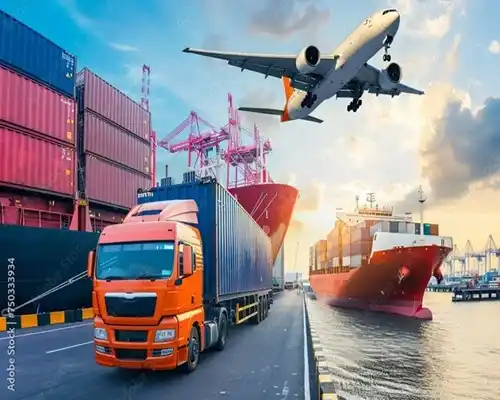
Exporting to the Kingdom of (KSA) and the broader Middle East and North Africa region
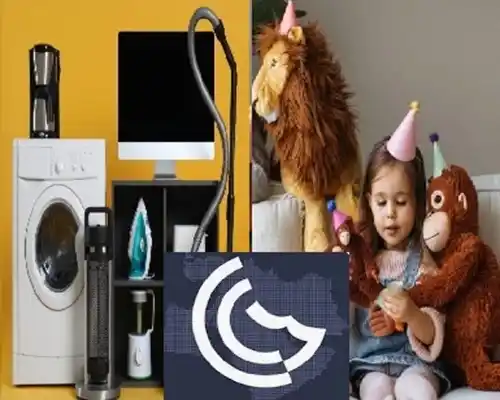
The Gulf Conformity Mark(G-Mark)certifies electrical equipment and children's toys in the GCC
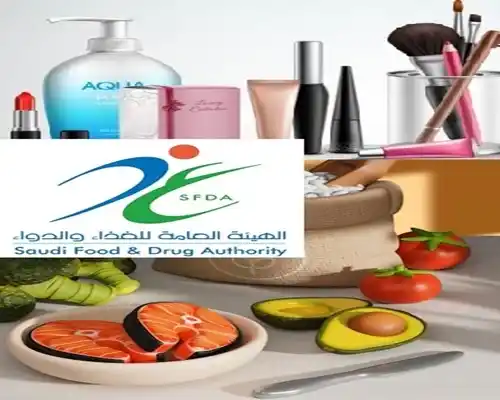
The Saudi Food and Drug Authority (SFDA) ensures the safety of food, drugs, and medical products.

ANSI/UL 4200A sets safety standards for labeling and battery compartment accessibility
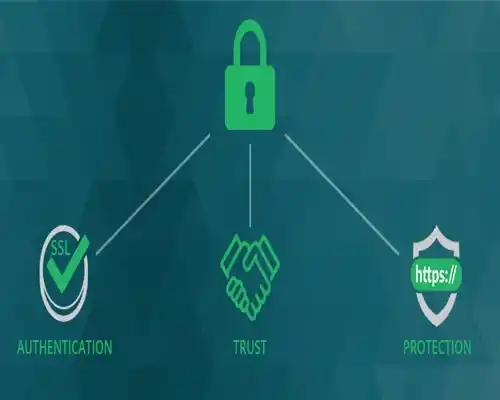
A CITES certificate is needed to import items protected under the CITES agreement.
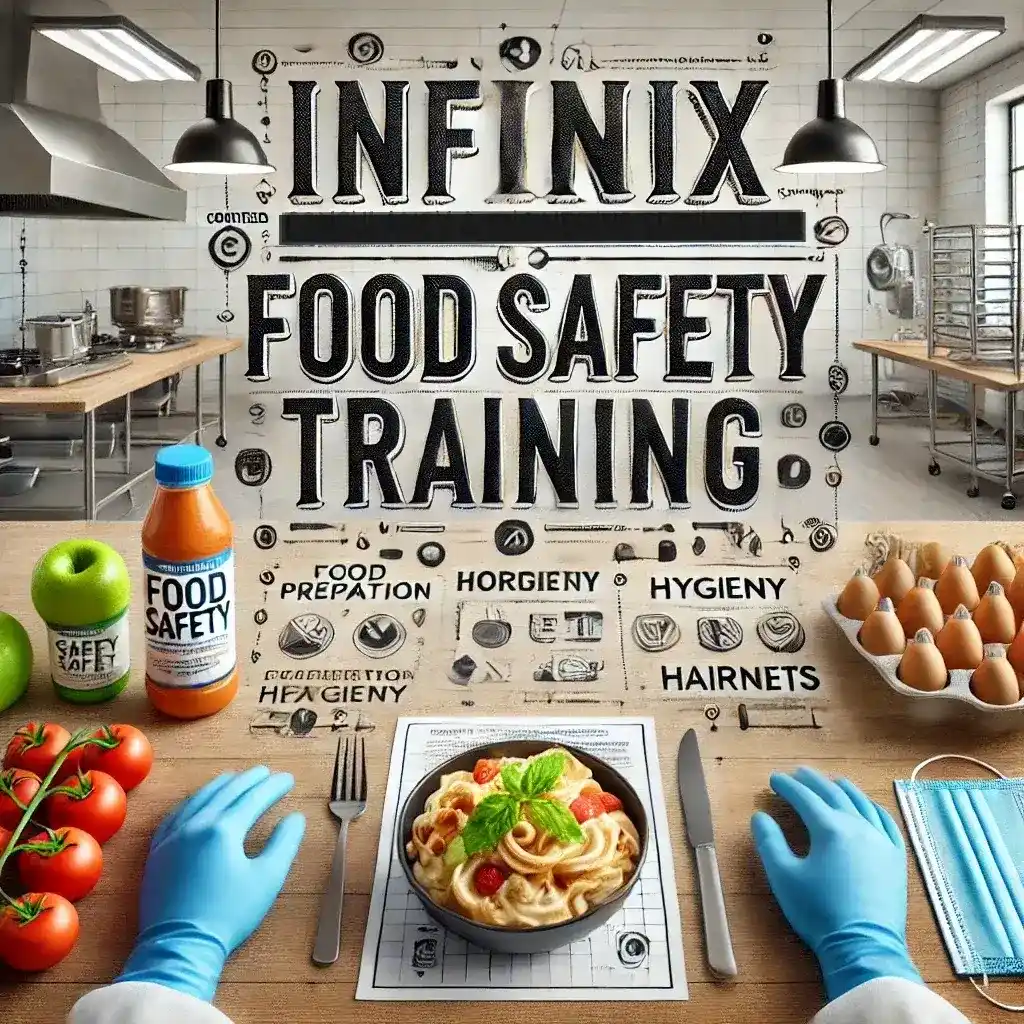
Food safety training is essential to ensure the safe handling, preparation, and storage of food. It prevents contamination, protects public health, and complies with regulations, safeguarding a business’s reputation and customer trust.
ISO/HACCP training ensures businesses implement and maintain high-quality standards and food safety management systems. It helps identify risks, prevent hazards, and comply with international regulations, building customer trust and industry credibility
Safety training equips employees with the knowledge to identify and mitigate workplace hazards, ensuring a secure and compliant environment. It reduces accidents, enhances productivity, and fosters a culture of safety.
API (Application Programming Interface) training empowers developers to efficiently integrate and utilize APIs in applications. It boosts innovation, streamlines operations, and ensures seamless communication between systems for improved business performance..
Sharjah Media City ,
Sharjah, UAE
+971 502482899
info@infinixg.com
Description text goes here.